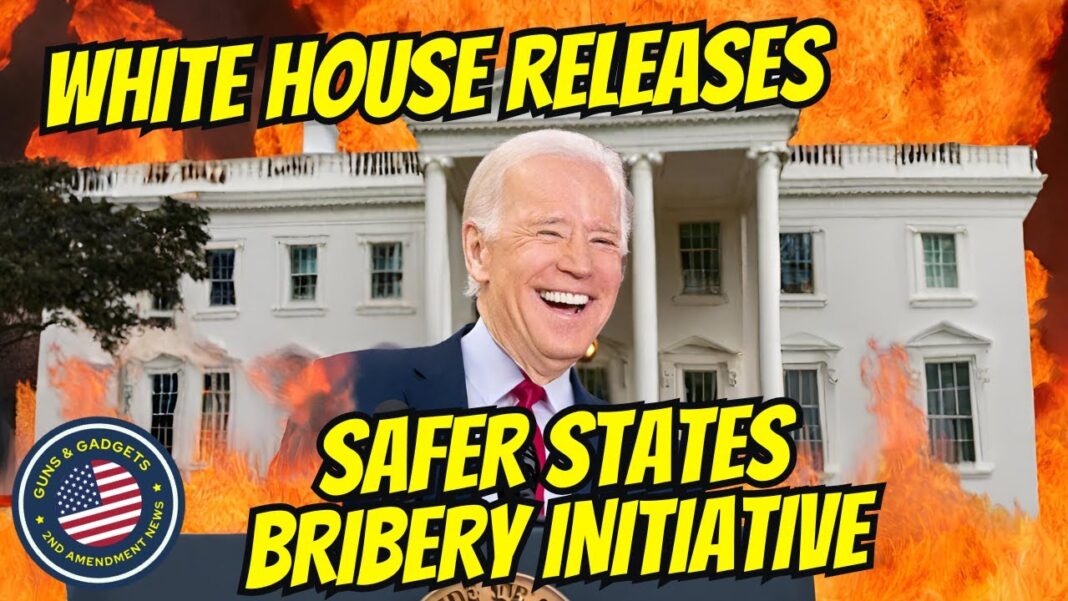Warning about a decades-long Chinese economic aggression, the House Select Committee on China wants a ‘reset’ on the U.S. relationship with China.
WASHINGTON—A bipartisan group of lawmakers in Congress are calling for the United States to “reset” its relationship with China by raising tariffs and cutting off capital flows fueling aggression by the communist regime.
In a report incorporating nearly 150 recommendations on Dec. 12, the House Select Committee on the Chinese Communist Party warned about the regime’s “multidecade campaign of economic aggression” that has made the United States dependent on Beijing—to its peril.
Among the list of recommendations from the 53-page report are closing the loopholes that allow Beijing to steal U.S. technologies, forcing a ban or divestment of Chinese-owned social media app TikTok, imposing tariffs on legacy Chinese semiconductors, and directing the Federal Reserve to stress test its resilience to a potential loss of access to the Chinese market.
Committee chairman Rep. Mike Gallagher (R-Wis.) described the report as a blueprint to “turbocharge the American economy for decades to come.”
“The status quo is not working,” he told reporters on Dec. 12. “We shouldn’t have wasted a day, let alone a decade on that old bet.”
Mr. Gallagher made clear that he wasn’t asking for a complete decoupling. He has “no problems with Wisconsin farmers selling soybeans to China” or “Americans buying cheap textiles or toys in China—as long as they’re not made with slave labor,” but more economic interaction won’t make the Chinese regime less repressive internally and less aggressive externally.
“The United States now has a choice: accept Beijing’s vision of America as its economic vassal or stand up for our security, values, and prosperity,” Mr. Gallagher and ranking Democratic member Raja Krishnamoorthi of Illinois said in the report.
Mr. Gallagher said Republicans are having a “robust discussion” with relevant stakeholders about the best path forward on restricting outbound investment toward China. A measure regarding the issue was dropped from the annual National Defense Authorization Act, but the lawmaker hopes to see some “responsible legislative activity” in the first quarter of the coming year.
“Even those major asset managers or bankers with whom we’ve engaged that are skeptical of any restrictions on investment in China, even in military and critical technological areas, I think would welcome the predictability that legislating the issue would provide,” he said.
By Eva Fu








